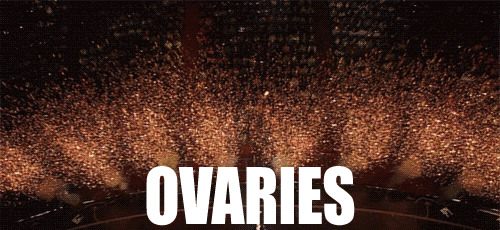
This book is so difficult to review; it's so vast and varied and my responses to it are vastly varied. If this turns into a sprawling mess, then it is only a dim and distorted image of the book itself, which is flawed, too.
So, what is War and Peace all about? One could easily answer, "Everything" since it has "the Seven Ages of Man", as pointed out in the essay at the end of this edition. War, Peace, happiness, suffering, morality, immorality and on and on. But I think it has two over-arching purposes. The first and most imposing of these is Tolstoy expressing the feeling, "I hate Bonaparte." Many of the many characters in this book have obvious flaws and do some bad things but Tolstoy seems very forgiving of them - he seems to be saying, they are only human, what can you expect? But there is one sin he comes down on with a vengeance and no sign of understanding; being in any way positive about Bonaparte. This is the unforgivable crime. Being Bonaparte is the only worse crime. Bonaparte is scorned, villified and reduced to a posturing, ranting, boasting, self-deluding victim of History. Tolstoy's theory of history, (that it is entirely Providential and not caused by the actions of an elite) seems designed to allow Bonaparte's alleged Genius to be, like a flag above a fort, shot at until reduced to tatters. This has an unfortunate side-effect; it applies equally well to every other senior military or political figure. This is a problem because Tolstoy has real respect for Kutuzov, the Russian commander and he wriggles within the constraints of his own theory, trying to praise his Russian hero. And this is what underlies the Bonaparte-hating; Patriotism. In the same way as British national identity was reforged in opposition to Nazism and it was universally OK to hate Germany, so Russian identity was melted down in the period 1805-1812 and reforged afterwards in oppostion to the 2nd Empire. (In fact, this process happened in Britain as a result of the Napoleonic wars, too; Trafalger, Waterloo, Nelson, Wellington.) Tolstoy's great work came out expressing this rather negative (anti-French culture) position rather than a positive (pro-Russian culture) one, except in so far as he supports the efforts of the Russian populace to expel the invaders.
The second theme is, like the first, built on Tolstoy's axiomatic Christianity: History is a result of Providence is replaced by suffering is the way to salvation. Pierre's experience of war, then imprisonment before eventual release has enormous transformative power over him. Suddenly he no longer worries about the meaning of life, how to find happiness or what to do in any and every siuation. He is no longer easily led, he even suddenly is able to manage practical problems with ease. He, too was melted down and reforged.
Simon Schama said that this is a book "you don't just read, you live." Whatever he meant by that, I found it true in the sense that the book is so vast and changing that one develops a changing response to it as the pages turn. At first I was delighted by it, despite nearly drowning under a deluge of characters with similar titles, sometimes the same first names and often a complex set of relationships with everyone else. Frequent use of the character list at the back got me through that and the problem fades with familiarity. The typical life of the aristocracy is shown from all angles before it is shaken up by war, which shows other traits amongst the young officers taken from Moscow and Petersburg and shown an altogether different world of arbitrary death and destruction, seemingly out of the control of everybody. When peace is restored things slow down and I began to feel the length of the book when 1811 rolled round. From excitement and delight to impatience. Finally: 1812. Here amazing set pieces are diluted by the seemingly endless waffling about the nature of history, detracting greatly from my enjoyment and, by the end, levaing me feeling rather irritated and disappointed. A great novel ruined by an authorial rant. I still can't decide how to rate this book; I'm so glad I read it but it has so many flaws, from characters that are given a great deal of attention only to be dropped because the real protagonists are their children to essays on the nature of power. I'm reminded of Neal Stephenson's Quicksilver - there's a pauper's War and Peace for you. I'm also reminded of Steinbeck's Grapes of Wrath: A scene is often set in general terms, a sweeping overview of events, such as the retreat from Smolensk befor it is retold from the perseptive of one or more main characters. Steinbeck did the same thing, for example the scene of the jalopie merchant followed by the purchase of a model T by the migrating protagonists.
Tolstoy's writing is astonishingly vivid and many scenes are very memorable - they are what I will keep: Natasha dancing or singing, Pierre not able to even move an amunition box in the midst of battle, to name but two.



 Log in with Facebook
Log in with Facebook 






